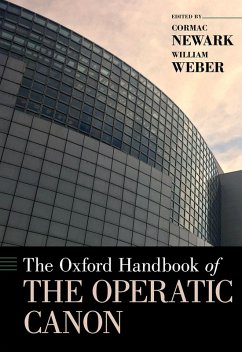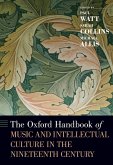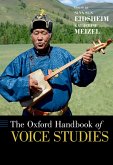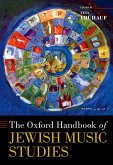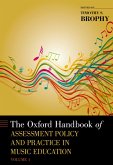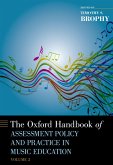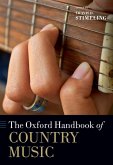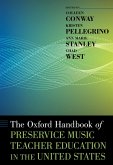Opera has always been a vital and complex mixture of commercial and aesthetic concerns, of bourgeois politics and elite privilege. In its long heyday in the eighteenth and nineteenth centuries, it came to occupy a special place not only among the arts but in urban planning, too ? this is, perhaps surprisingly, often still the case. The Oxford Handbook of the Operatic Canon examines how opera has become the concrete edifice it was never meant to be, by tracing its evolution from a market entirely driven by novelty to one of the most canonic art forms still in existence. Throughout the book, a lively assembly of musicologists, historians, and industry professionals tackle key questions of opera's past, present, and future. Why did its canon evolve so differently from that of concert music? Why do its top ten titles, all more than a century old, now account for nearly a quarter of all performances worldwide? Why is this system of production becoming still more top-heavy, even while the repertory seemingly expands, notably to include early music? Topics range from the seventeenth century to the present day, from Russia to England and continental Europe to the Americas. To reflect the contested nature of many of them, each is addressed in paired chapters. These complement each other in different ways: by treating the same geographical location in different periods, by providing different national or regional perspectives on the same period, or by thinking through similar conceptual issues in contrasting or changing contexts. Posing its questions in fresh, provocative terms, The Oxford Handbook of the Operatic Canon challenges scholarly assumptions in music and cultural history, and reinvigorates the dialogue with an industry that is, despite everything, still growing.
Dieser Download kann aus rechtlichen Gründen nur mit Rechnungsadresse in A, B, BG, CY, CZ, D, DK, EW, E, FIN, F, GR, HR, H, IRL, I, LT, L, LR, M, NL, PL, P, R, S, SLO, SK ausgeliefert werden.

